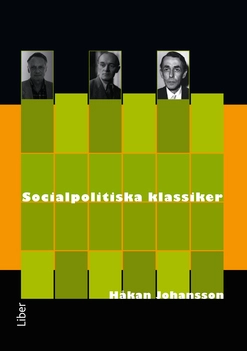

The room's need of a name : a philosophical study of performanceUpplaga 1
- Upplaga: 1a upplagan
- Utgiven: 2000
- ISBN: 9789186434212
- Sidor: 268 st
- Förlag: Stiftelsen för utgivning av teatervetenskapliga studier
- Format: Bok
- Språk: Engelska
Om boken
Åtkomstkoder och digitalt tilläggsmaterial garanteras inte med begagnade böcker
Mer om The room's need of a name : a philosophical study of performance (2000)
I januari 2000 släpptes boken The room's need of a name : a philosophical study of performance skriven av Ola Johansson. Det är den 1a upplagan av kursboken. Den är skriven på engelska och består av 268 sidor djupgående information om teater. Förlaget bakom boken är Stiftelsen för utgivning av teatervetenskapliga studier.
Köp boken The room's need of a name : a philosophical study of performance på Studentapan och spara pengar.
Referera till The room's need of a name : a philosophical study of performance (Upplaga 1)
Harvard
Oxford
APA
Vancouver



















